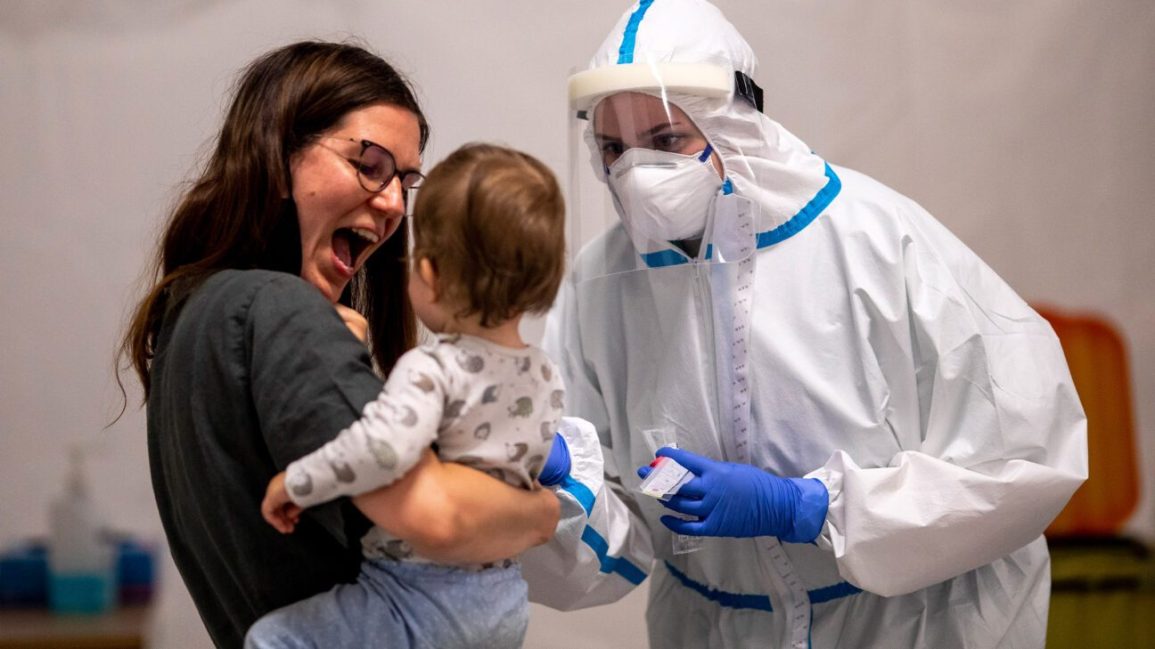
Mutant COVID-19: Children are More at Risk of Being Effected, Scientists Warn
Scientists fear the new mutant variant of Covid-19 is more infectious in children after data showed it spread more easily among youngsters than others previously detected.
Professor Neil Ferguson, from Imperial College London, told a New and Emerging Respiratory Virus Threats Advisory Group (NervTag) briefing that there is strong evidence that the new variant is between 50 and 70% more transmissible than the previous virus.
He also told journalists that the newly discovered variant had a statistically higher rate of infection among children. Professor Ferguson said: ‘We will need to gather more data to see how it behaves going forward.
‘There are other epidemiologically interesting trends with virus, there is a hint that it has a higher propensity to infect children … but we haven’t established any sort of causality on that, but we can see that in the data.’
He went on: ‘During the lockdown in England, we saw a general shift in the age distribution of the virus towards children, and that was true in the variant and non-variant and that is what we would expect, given that we had locked down which reduced adult contacts but schools were still open.
‘But what we’ve seen over the course of a five or six week period is consistently the proportion of pillar two cases for the variant in under 15s was statistically significantly higher than the non-variant virus. ‘We are still investigating the significance of that.’ Professor Ferguson said the suggestion ‘is a hypothesis at the moment’, but added that ‘if it were true’ it may explain much, or most, of the increase in transmission.
Another NervTag member, Professor Wendy Barclay, said: ‘We’re not saying that this is a virus which specifically targets children or is any more specific in its ability to infect children, but we know that Covid was not as efficient in affecting children as it was in adults.’
She explained that one possibility may be that the new variant is better able to latch on to human cells and infect them. Therefore, while the previous strains struggled to infect children compared to adults, the highly contagious variant may put them ‘on a more level playing field’ with older people.

